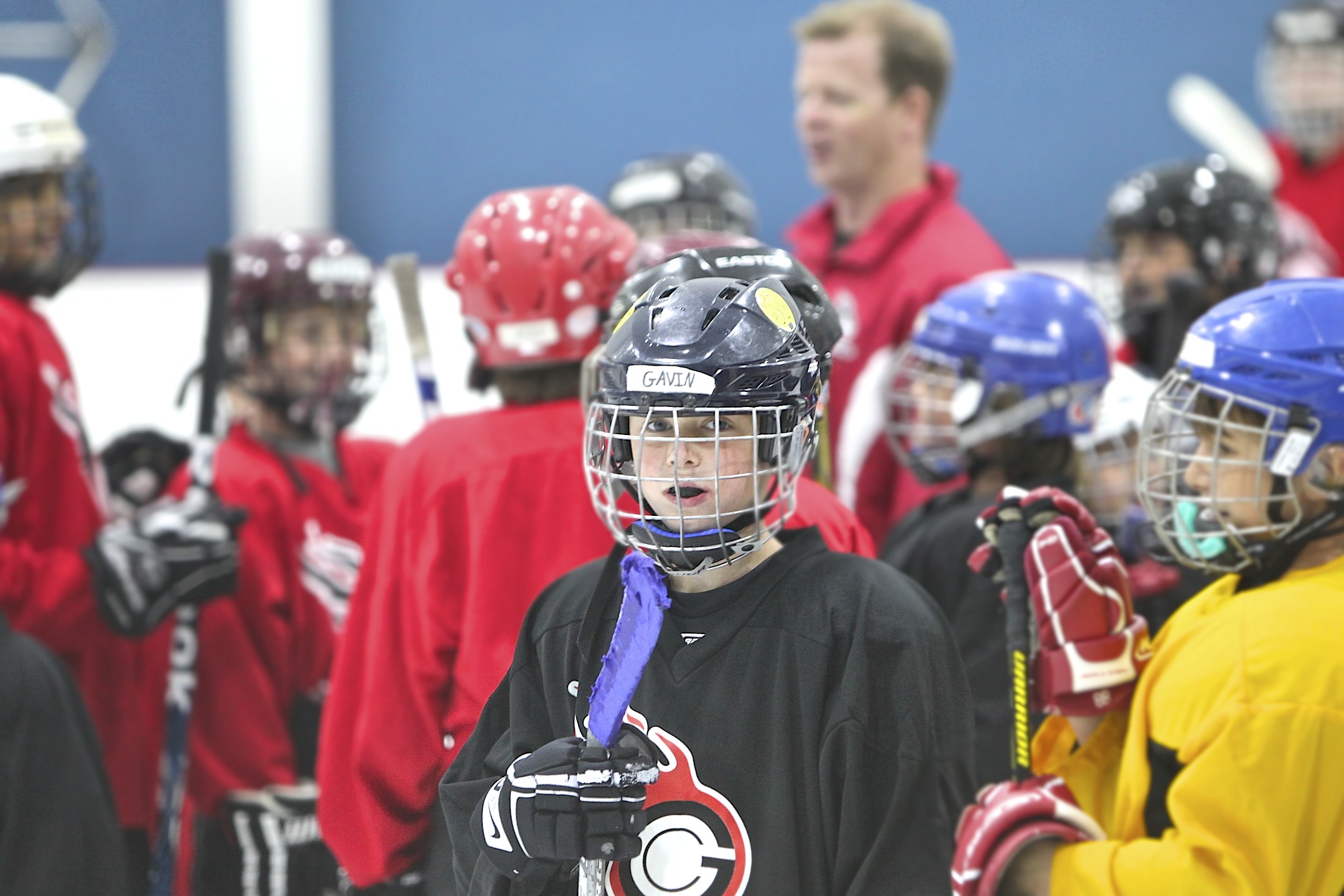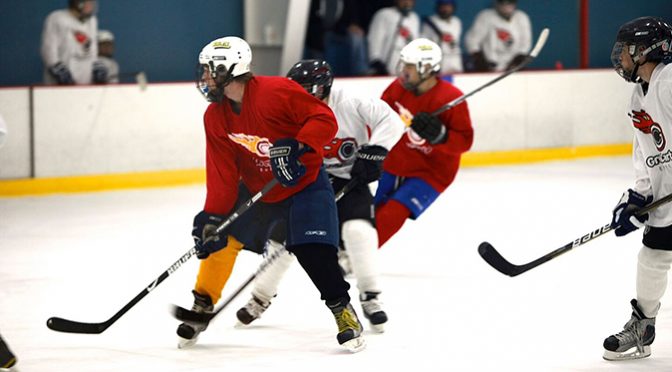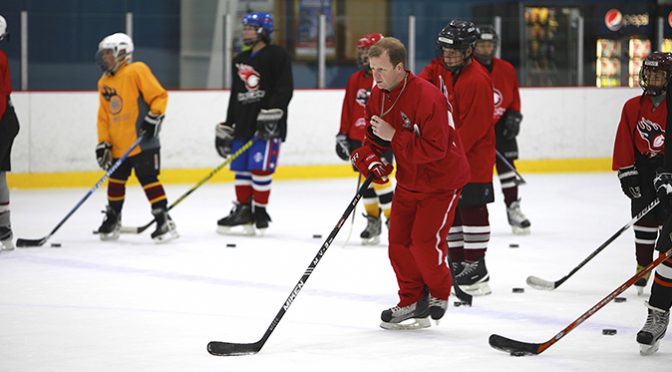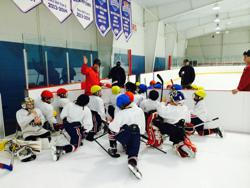09
August
Our Best Summer Hockey School Players
Posted by Greg Carter
 Training hockey players and helping in their development is very rewarding. We’d like to introduce some of the best players we met and had the privilege of working with this summer.
Training hockey players and helping in their development is very rewarding. We’d like to introduce some of the best players we met and had the privilege of working with this summer.
In a recent blog post we introduced you to five people you will meet at summer hockey school. As we enter our final month of hockey school we would like to introduce you to a few of our best players from our travels across the country this summer training hockey players and promoting skill development.
The Character Kid. Everyone knows character counts, and this summer we met plenty of exceptional players and parents who had great character on and off of the ice. When it comes to skill development and becoming a great hockey player, who you are as a person, how you carry yourself and treat teammates is all part of the ingredients for success.
The ‘Centered’ Center. Balance is important not only in skating and performance with stride and hockey skills, but balance is also important when it comes to hockey and a daily routine. Our staff met many hockey players this summer, and those who came to the rink with the most enthusiasm, excitement and willingness to learn were often those who had good balance in their life. Many were multiple sport athletes. Some were taking summer school. Others came from water skiing at the lake to the rink. Remain ‘centered’ with good balance when it comes to your hockey schedule and you will find success.
The Skinny Skillmaster. Most of the players we train at our hockey camps are between the ages of 8 and 16. What this means for example, is that some Peewees weigh 70 pounds and others might weigh 150. One player thought he needed to really bulk up and gain weight, but what he really needed was patience for his body to grow into his frame. A good diet during this age of development is important. We saw many kids eating junk food, drinking highly caffeinated energy drinks and other foods and beverages that you would never find in a college or professional locker room. Food is fuel for your body, but not all food (and beverages) are good fuel.
We hope you had a great summer of hockey and improved your skills. Make sure to keep these hockey development tips in mind as you work your way through August and onto your team for the upcoming season!






 Subscribe
Subscribe Subscribe
Subscribe




